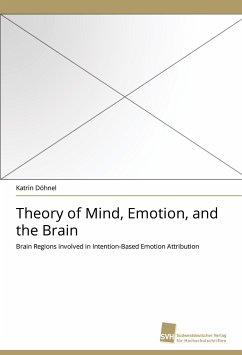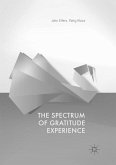Theory of Mind (ToM) defines the ability to understand other peoples' behaviour and emotions by understanding their mental states such as beliefs or intentions. In ToM research there is an interesting developmental course: When someone's intention is fulfilled, 2- to 3-year-olds attribute good emotions to the other, and they attribute bad emotions when his or her intention is not fulfilled. This process is defined as intention-based emotion attribution. Things get complicated in the case of fulfilled immoral intentions. While 4- to 5-year-olds ignore the immoral aspect by solely attributing "happy victimizer" emotions to the other, 6- to 7-year-olds attribute mixed emotions: A fulfilled intention makes someone feel good; but the moral rule violation also causes bad feelings. By using functional magnetic resonance imaging (fMRI) in adults this work investigated neural networks of intention-based emotion attribution, and revealed common neural activity associated with non-immoral (neutral) and immoral intentions. This indicates that the development of neutral and immoral intention understanding might be associated with the maturation of common rather than distinct brain regions.
Bitte wählen Sie Ihr Anliegen aus.
Rechnungen
Retourenschein anfordern
Bestellstatus
Storno








